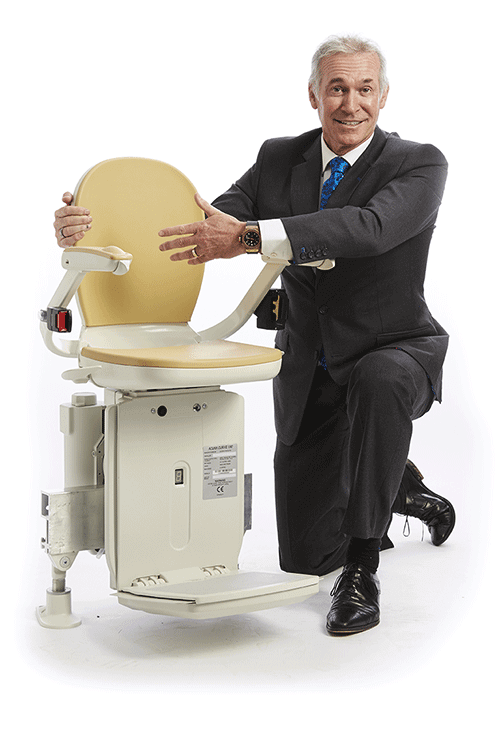Being a carer isn’t just about physical assistance—It’s about building trust, offering emotional support, and creating meaningful relationships. At the heart of it all is one essential skill: effective communication.
Whether you’re a family member providing support or a professional in aged care here in Aotearoa, strong communication helps promote wellbeing, reduce stress, and improve the overall quality of care. These seven practical tips will help you connect more deeply with elderly loved ones and provide the best support possible.
7 Carer Communication Tips That Build Trust and Improve Aged Care
1. Practise Active Listening
True communication begins with listening—genuinely and attentively. Active listening involves maintaining eye contact, staying present in the moment, and responding with empathy.
Pro Tip: Repeat or rephrase what the person has said to show you’ve understood and that their thoughts are valued.
2. Use Clear, Simple Language
Many older adults experience hearing loss, memory difficulties, or may even be suffering from draining disorders such as dementia. Use calm, simple language, and avoid jargon when giving instructions or updates without coming off as condescending or patronising.
Pro Tip: Break information into manageable steps and offer demonstrations when introducing something new—like a stairlift.
3. Be Patient and Take Your Time
Rushing conversations can lead to confusion or frustration. Allow time for your loved one to process thoughts and respond.
Pro Tip: Let silence happen—don’t fill every pause. It gives the person time to think and helps create a relaxed atmosphere.
4. Pay Attention to Non-Verbal Cues
Not all communication is verbal. Facial expressions, gestures, and tone of voice often convey more than words.
Pro Tip: Look out for signs of anxiety, discomfort, or confusion, and gently check in if something doesn’t seem right.
5. Tailor Your Communication Style
Every person is unique. Some may enjoy a relaxed conversation, while others prefer brief, clear exchanges.
Pro Tip: Ask how they prefer to receive information and adapt your approach accordingly. It shows respect and fosters trust.
6. Stay Calm When Conversations Are Challenging
Sensitive topics—such as declining health or the introduction of mobility aids like stairlifts—can bring up strong emotions.
Tip: Approach these subjects with a calm tone and open attitude. Give the person time to express their views and concerns.
7. Use Encouraging and Respectful Language
The way you phrase things can empower your loved one or make them feel dependent. Choose language that promotes dignity and autonomy.
Tip: Say, “Would you like a hand with that, or would you prefer to try first?” instead of assuming they need help.
Better Communication, Better Care
Effective communication is at the core of quality caregiving. Whether you’re helping your loved one with their daily needs or introducing tools like stairlifts to support their independence, your ability to communicate with compassion and clarity makes a real difference.
At Acorn Stairlifts New Zealand, we understand that the best care supports both safety and dignity. Our stairlifts are designed to help Kiwis move safely around their homes and support carers in providing thoughtful, respectful care.
Want to Support Safer, More Independent Living at Home?
If you or a loved one struggle to use the stairs or find yourselves avoiding them altogether, a stairlift will help you rise above these obstacles, granting you full access to the home you love in one seamless, sweeping motion.
Acorn Stairlifts strives to lift your life so that you will never have to sacrifice the things you love because of mobility issues.
Don’t miss out on giving your life a lift—Start enjoying freedom in your home and reclaiming your independence.
Contact Acorn Stairlifts New Zealand today to claim your free, no-obligation quote and learn how you can take the first step towards reaching new heights in your life today.

